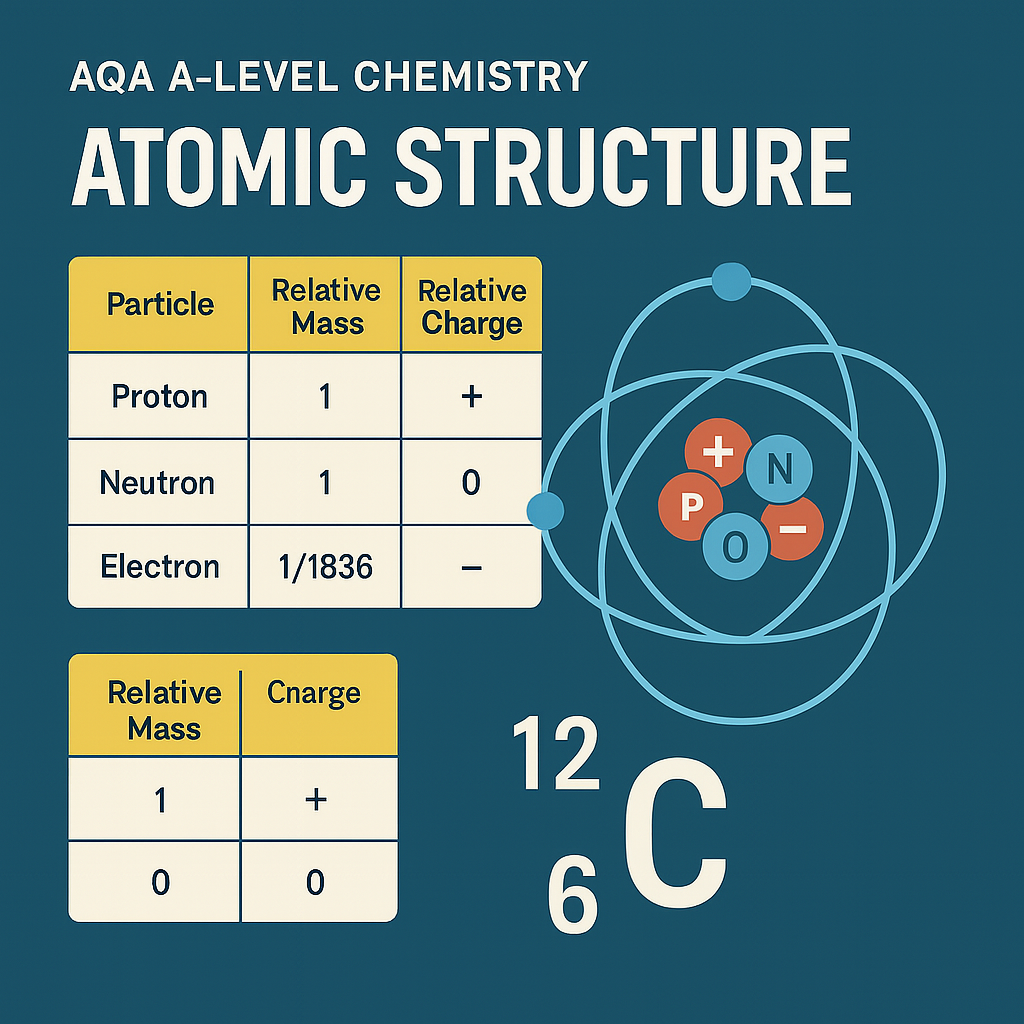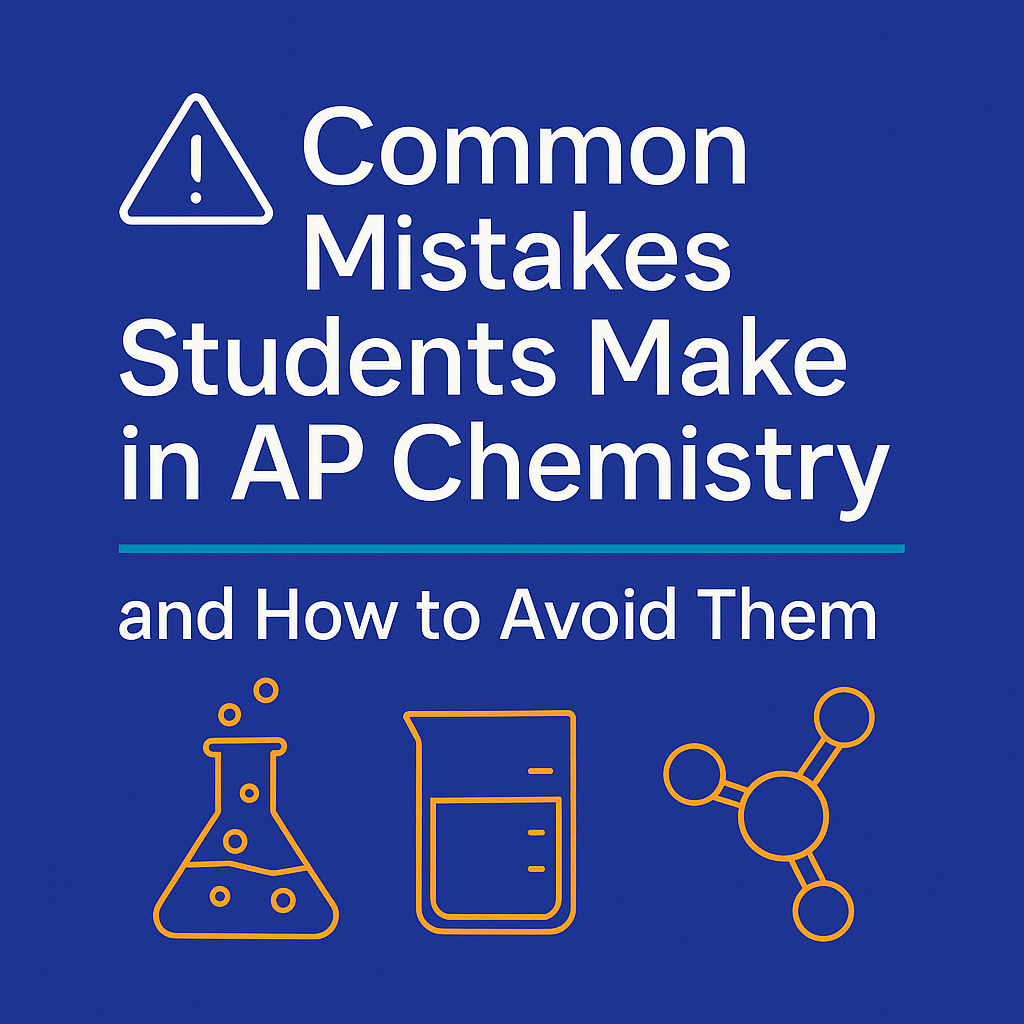Why Your Child Aces Chemistry Homework But Fails Exams – And What You Can Do About It
If your child is diligent but still underperforming in chemistry exams, it’s not laziness—and it’s not a mystery.
It’s a pattern many parents and students know all too well. Homework is always completed. Class participation is solid. Chemistry grades on assignments are high. But then exam season hits—and suddenly, the results don’t match the effort. You’re left wondering: Why is my child struggling in exams despite doing well on their homework?
This frustrating mismatch between day-to-day performance and exam outcomes is more common than you think. In this blog, we’ll explore the hidden causes behind the homework-exam disconnect in A-Level and GCSE Chemistry, and what you can do to help your child bridge the gap.
Homework Success Doesn’t Always Equal Deep Understanding
Let’s start with a truth many schools rarely say out loud: being good at homework isn’t the same as mastering chemistry.
Most homework tasks are:
Guided by worksheets or textbooks
Completed with notes, books, or internet help
Done in a low-pressure, untimed environment
Sometimes corrected with teacher support
That’s not how exams work.
In contrast, chemistry exams require:
Rapid recall of key facts, formulas, and concepts
The ability to apply knowledge to unfamiliar scenarios
Interpreting data, graphs, and practical results under time pressure
Managing anxiety, timing, and memory—simultaneously
A student might get every homework question right because they can look up the answer or re-read the class notes. But in an exam, they need to retrieve and apply that information unaided. That’s a different skill entirely.
The Illusion of Competence: A Hidden Cognitive Trap
One of the biggest hidden barriers to exam success is the illusion of competence.
This happens when students:
Recognise concepts when they see them (familiarity)
Mistake understanding for memory
Think they’ve “revised” by highlighting or rereading notes
Believe they’re ready because they got full marks on a guided worksheet
But recognition isn’t recall. Being able to follow a worked example or repeat a teacher’s steps doesn’t mean the student can reproduce that process independently under pressure.
This illusion is particularly common in chemistry, where:
Terminology sounds similar (e.g. enthalpy, entropy, enthalpy change of formation)
Equations are precise and unforgiving
One small mistake in units, signs, or mole ratios can cost all the marks
Chemistry Is Cumulative – And Exams Test Connections
Another reason chemistry exams are so tough is because they test integration.
While homework often focuses on one topic at a time, exams mix:
Bonding with energetics
Kinetics with equilibrium
Organic mechanisms with practical analysis
Maths skills with graph interpretation
Many students learn topics in isolation, then forget how they interlink. So when an exam asks them to explain a change in equilibrium using both Le Chatelier’s Principle and enthalpy data, they freeze.
Exams aren’t just about what your child knows—they’re about how fluently they can connect concepts, apply them, and explain them clearly.
Timed Conditions Create Performance Pressure
Some students do genuinely understand the material—but struggle to express it under time pressure. This can be due to:
Poor exam technique
Lack of time management practice
Difficulty processing multi-step problems quickly
Anxiety or panic reducing memory access
Even confident students can crumble under exam conditions if they haven’t practised timed recall and writing. Homework rarely prepares them for this.
What’s Really Going On? 7 Common Hidden Issues
Let’s break down the most common reasons students ace homework but fail exams in chemistry:
1. Passive learning habits
Highlighting, copying notes, and rereading feel productive—but don’t train the brain to recall or apply information.
2. Overreliance on prompts
In homework, students often use class materials or Google. In exams, those supports are gone.
3. Weak retrieval skills
They can understand a topic when reminded, but can’t recall it independently.
4. Lack of spaced revision
Students cram before exams instead of reviewing material over time. This leads to short-term memory, not deep understanding.
5. Poor application skills
They know the theory but struggle to transfer it to unfamiliar exam contexts—like interpreting experiments or explaining why a change occurred.
6. Time pressure and panic
They freeze, forget everything, or rush and make avoidable mistakes.
7. Weak exam technique
They misread command words, write too much or too little, and don’t answer the question being asked.
How Can You Help Your Child Overcome This Problem?
Now the good news: these are all fixable with the right strategies. Here's what you (and your child) can do.
Shift the Focus from ‘Learning’ to ‘Retrieval’
Chemistry exams don’t reward how well your child understood the topic two weeks ago—they test what they can remember and apply now.
That means the focus should be on active recall, not just re-reading or copying notes.
Try these:
Use flashcards with questions on one side, answers on the other
Do “brain dumps” where your child writes everything they can remember about a topic from memory
Self-quiz using past exam questions—not notes
Use apps like Anki or Quizlet for spaced repetition
Practise Exam Questions from Day One
Don’t wait until the revision season.
After each topic is taught, spend time:
Answering real exam questions
Checking mark schemes together
Reviewing examiner comments to understand what’s rewarded
This builds exam fluency early and prevents “topic silos” where students forget how everything connects.
Decode Command Words Together
Many students drop marks because they misunderstand what a question is asking.
For example:
“State” = brief fact
“Explain” = cause and effect, using logical steps
“Calculate” = show working and units
“Suggest” = apply knowledge in a new context
Help your child practise identifying and responding to these command words correctly.
Use Timed Practice Regularly
Introduce low-stakes timed practice:
“You have 8 minutes—do this 6-mark question”
“You have 20 minutes—complete this Section A”
“Let’s do a Paper 1 under timed conditions this weekend”
This helps students get used to pacing, managing pressure, and building stamina.
Focus on Interleaving and Integration
Interleaving means mixing topics during revision rather than studying one subject in a block.
For example:
Instead of one night on energetics, mix questions on energetics, bonding, and kinetics
Combine theory and calculations
Integrate practical scenarios with theory-based questions
This mirrors the structure of real exam papers and strengthens flexible thinking.
Teach Your Child to Check Their Work Strategically
Exams aren’t just about what you write—they’re also about what you don’t mess up.
Train your child to:
Check units and sig figs
Use estimation to spot calculation errors
Read the question twice before answering
Underline key data and command words
Support a Growth Mindset Around Exams
Struggling in exams isn’t a sign that your child “just isn’t good at chemistry.” It often means they haven’t practised the right skills yet.
Celebrate effort, strategy, and progress. Teach them that mistakes are a roadmap to improvement—not a sign of failure.
How a Chemistry Tutor Can Help
Sometimes, the school environment simply doesn’t give your child the tailored support they need. A specialist chemistry tutor can help by:
Diagnosing exactly where the disconnect lies
Teaching active recall and memory techniques
Practising exam questions and technique weekly
Building confidence and exam stamina over time
Providing model answers and feedback that goes beyond the classroom
A great tutor doesn’t just reteach the content—they train your child to think like an examiner and approach questions strategically.
Real Stories: When the Right Strategy Changes Everything
Emma, a Year 12 student, had always been praised by teachers. Her homework was immaculate. But her mock Paper 2 score? 43%. Her parents were shocked.
After working on retrieval practice, mark scheme analysis, and timed questions with a tutor, Emma began to approach chemistry differently. Within 8 weeks, she scored 69% on her next paper—and by the end of the year, she was on track for an A.
It wasn’t about working harder. It was about learning smarter.
Final Thoughts: The Homework–Exam Gap Can Be Closed
If your child is diligent but still underperforming in chemistry exams, it’s not laziness—and it’s not a mystery. It’s a mismatch between how they study and how they’re assessed.
By shifting from passive review to active retrieval, from notes to questions, and from cramming to spacing, your child can rebuild their chemistry confidence—and their exam scores.
With the right guidance and strategies, every capable student can close the gap and thrive.
Need Expert Help Bridging the Gap?
Book a 15 mins consultation with Dr Marguerite Quinn, specialist chemistry tutor with over 3,000 hours of experience helping students master exams. Whether your child is aiming for a 6 or a 9, Marguerite will help them transform effort into outcomes—with support that’s personalised, proven, and pressure-free.





Understand AQA A-Level Chemistry Section 3.1.1.2 on mass number and isotopes. Learn key definitions, isotope notation, calculations, and how this topic builds your scientific and exam skills.